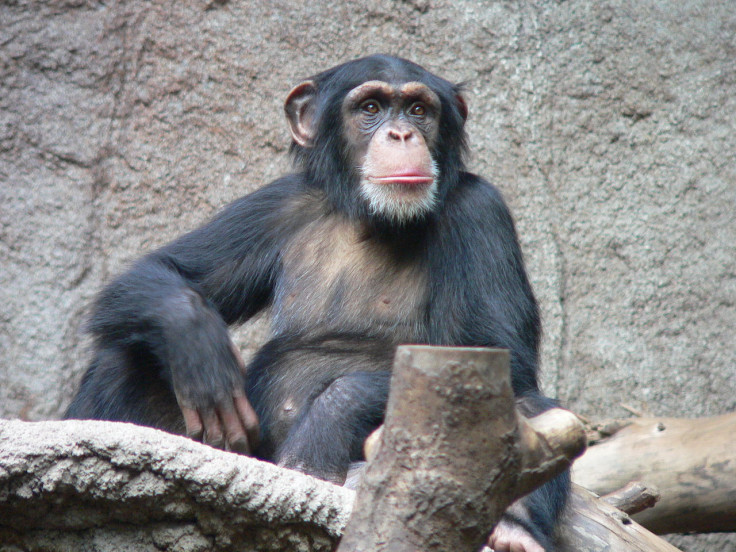NIH to retire remaining 50 chimps and stop funding related work

The US National Institutes of Health has called a complete halt to the use of chimpanzees in research, two years after retiring most of these primates in its labs. The 50 remaining chimps will be sent to a sanctuary, it said.
In 2013 it had kept back 50 chimpanzees for essential research. "The benefits of that appear to be negligible," NIH director Francis Collins said. However, the decision does not cover other primates.
In the last two years there have been no applications for use of the chimps. This could also be due to the fact that the US Fish and Wildlife Service (FWS) declared chimpanzees in captivity an endangered species, requiring a permit from the agency for research.
For chimps still in private captivity, the permit will be needed. Also, NIH funding will no more be available, Collins clarified. He added that a plan for phasing out NIH support for the remaining chimps that are supported by, but not owned by, the health institute is also being developed, writes Nature.
In 2011 the Institute of Medicine had declared that the use of chimpanzees was largely unnecessary. Following this, the NIH retired about 310 chimpanzees in 2013.
Animal-rights activists have welcomed the latest decision. "Experimenting on chimpanzees is ethically, scientifically and legally indefensible and we are relieved and happy that NIH is fulfilling its promise to finally end this dark legacy," says Justin Goodman, director of laboratory investigations at the US organisation People for the Ethical Treatment of Animals (Peta), which together with Humane Society, the Association of Zoos and Aquariums and the Jane Goodall Institute has been pushing the NIH to end primate research.
Critics of the NIH decision question the move, especially over the reserve chimps meant for use in specific conditions. "Given NIH's primary mission to protect public health, it seems surprising," says Frankie Trull, president of the Foundation for Biomedical Research in Washington DC.
Stephen Ross defends the move pointing to the lack of applications. "It's clear that chimpanzees are not a needed resource in the biomedical research world," says Ross, who works at the Lincoln Park Zoo in Chicago, Illinois. However, some developmental psycho-biologists are worried about the lack of oversight and welfare standards at sanctuaries compared to NIH-supported centres.
Researchers who use chimps for conservation work are also an angry lot. Peter Walsh, a disease ecologist at the University of Cambridge, UK, working to develop an Ebola vaccine for wild chimps with the University of Louisiana at Lafayette's New Iberia Research Center relies on chimps that are neither owned nor supported by the NIH. The work could now be affected adversely.
Research on chimps was banned in Europe in 2010. The US has been the only developed nation using the primate for research.
Activist groups in the US like the Nonhuman Rights Project have been fighting for some form of personhood rights for chimpanzees and have applied for writs of habeas corpus asking the court to decide if the detention is legal.
Genetic similarity based on comparison of both genomes place the chimpanzee and humans very close to each other with a 96% match. DNA also shows that humans and chimps diverged from a common ancestor between 8 and 6 million years ago. The chimps' emotional and cognitive similarity to humans has forced the ethical analysis of how they can be used for research when humans are not.
The other moot point is of the genetic match and the accuracy of both models in a physiological reference. The disparity was highlighted in work on HIV with stark differences in reactions.
© Copyright IBTimes 2025. All rights reserved.





















